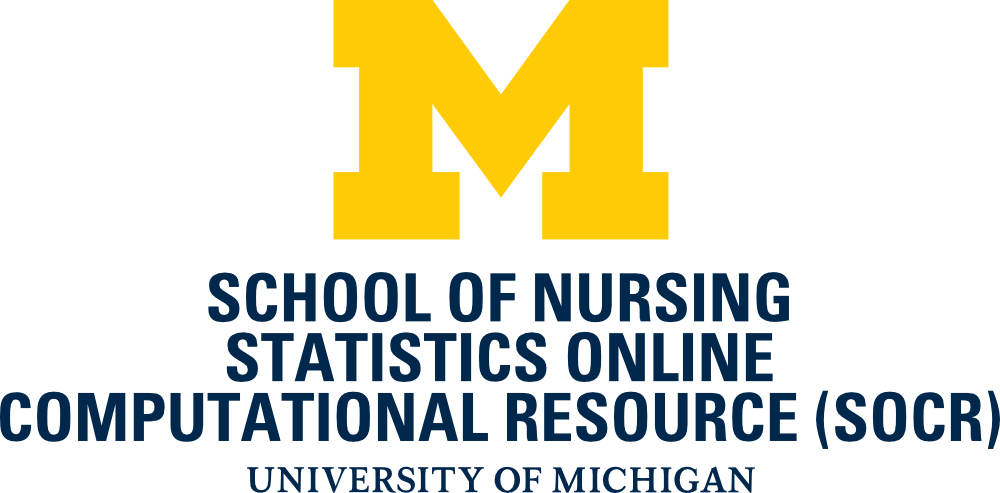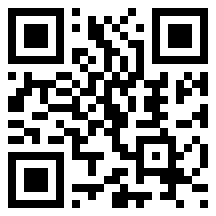Overview
 This research methods course provides a foundation for using statistical methods in order to
investigate health-related research questions. The Scientific Methods for Health Sciences (SMHS):
Linear Modeling course (HS852) builds on concepts learned in prerequisite course
HS 851 (SMHS: Applied Inference)
course, e.g., univariate statistics; study design; data acquisition and management; and conceptual
modeling. Modeling topics covered in HS852 include simple linear regressions, generalized linear
models, linear mixed models, longitudinal data analytics, modern machine learning (ML) and some
artificial intelligence (AI) methods. Teaching methods include lectures, laboratory sessions,
independent readings and explorations, and assignments, as well as, review, critique, and
writing scientific papers. Assessment of the student's knowledge and understanding of the
material will culminate in a term-paper research project that addresses a research question
using methods covered in HS852. This is an applied graduate-level course that emphasizes
the foundational principles and practical aspects of data, statistical, and analytical
methods.
This research methods course provides a foundation for using statistical methods in order to
investigate health-related research questions. The Scientific Methods for Health Sciences (SMHS):
Linear Modeling course (HS852) builds on concepts learned in prerequisite course
HS 851 (SMHS: Applied Inference)
course, e.g., univariate statistics; study design; data acquisition and management; and conceptual
modeling. Modeling topics covered in HS852 include simple linear regressions, generalized linear
models, linear mixed models, longitudinal data analytics, modern machine learning (ML) and some
artificial intelligence (AI) methods. Teaching methods include lectures, laboratory sessions,
independent readings and explorations, and assignments, as well as, review, critique, and
writing scientific papers. Assessment of the student's knowledge and understanding of the
material will culminate in a term-paper research project that addresses a research question
using methods covered in HS852. This is an applied graduate-level course that emphasizes
the foundational principles and practical aspects of data, statistical, and analytical
methods.
Prerequisites
You can view the General SMHS Prerequisites to ensure students are comfortable with taking this SMHS HS852 course prior to enrolling in the course, or contact the instructor.
Course Objectives
Students will learn how to:
(1) Apply, compare and evaluate advanced statistical concepts, grasp model assumptions and limitations and apply them for quantitative analyses in healthcare research.
(2) Apply multivariate statistical modeling that are appropriate to specific research designs, research questions, and expected inference and applications.
(3) Evaluate, contrast, and select appropriate advanced data science, statistical modeling, and AI techniques for specific types of clinical, translational, and biomedical studies.
(1) Conduct multiple and multivariate statistical and analytical methods for specific case-studies.
Target Audience
This course will be appropriate for graduate students who have significant interest in learning data-driven, evidence-based, and advanced-technology methods for scientific inquiry and predictive analytics. All students are expected to commit substantial amount of time to focused undivided attention to the basic scientific methods, translational biomedical and health applications, and transdisciplinary interactions with colleagues from multiple domains.
Notes
Class notes, datasets, and learning materials will be provided. This course will cover topics like managing data with R, various model-based and model free forecasting methods, predictive analytics, evaluation of regression and classification performance, ensemble methods, and ML/AI techniques.
Instructor
Ivo D. Dinov, SOCR, MCAIM, MIDAS, DCMB, SPL/UMSN.
Logistics
University of Michigan affiliates can directly register for the course using their UMich credentials and following these RO instructions. Time/Place: 400NIB #2184, Tuesday and Thursday 10:00-11:50 AM. Dr. Dinov's Winter 2025 Office Hours: Fridays 9:00-10:00 AM (GMT-5) SNB2 4126, or via ZM.Life Stream Class Channel (2212) »
UMich Graduate Credit
To obtain UMich graduate credit and get a course grade for completing HS650, students must enroll in HS650, through the registrar's office, and complete all requirements in due time. This option is only available to currently enrolled University of Michigan graduate students.Canvas/Instructure Course Management System (CMS)
(Winter 2026) HS852 Canvas CMS website provides additional course materials, homeworks, projects, activities, and discussion forums.HS852 SOCR-DSPA AI-Teaching Assistants
HS852 students can use the SOCR-DSPA AI-Teaching Assistant and HS852 Maizey AI Assistant to learn, experiment, debug, and code.Acknowledgments
The SMHS EBook was developed by SOCR and other collaborators. The DSPA course is made possible with substantial support from Michigan Institute for Data Science (MIDAS), Statistics Online Computational Resources (SOCR), the Department of Computational Medicine and Bioinformatics (DCMB), and the Departments of Systems, Populations and Leadership (SPL) and Health Behavior and Clinical Sciences (HBCS/UMSN).Ideas, scripts, software, code, protocols and documentation from the broad and diverse R statistical computing community have been utilized throughout the DSPA materials.
Many colleagues, students, researchers, and fellows have shared their constructive expertise, valuable time, and critical assessment for generating, validating, and enhancing these open-science resources. Among these are Christopher Aakre, Simeone Marino, Yueyang Shen, Jiachen Xu, Ming Tang, Nina Zhou, Chao Gao, Alex Kalinin, Syed Husain, Brady Zhu, Farshid Sepehrband, Lu Zhao, Sam Hobel, Hanbo Sun, Tuo Wang, Jerome Choi, Yi Zhao, Yuming Sun, Brian Athey, and many others.
Fair Use Licensing
Like all SOCR resources, and to support open-science, these resources (learning materials and source-code) are CC-BY-SA and LGPL licensed.Textbook
Dinov, ID. (2018) Data Science and Predictive Analytics: Biomedical and Health Applications using R, Springer (ISBN 978-3-319-72346-4).Dinov, ID. (2023) Data Science and Predictive Analytics: Biomedical and Health Applications using R, 2nd ed., Springer Series in Applied Machine Learning, ISBN 978-3-031-17482-7.
SMHS EBook.
| University of Michigan | UCLA | UC Berkeley | Additional (World) Access Links |
|---|
Multiple peer-reviews of the DSPA textbook are available here.



